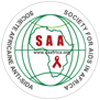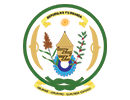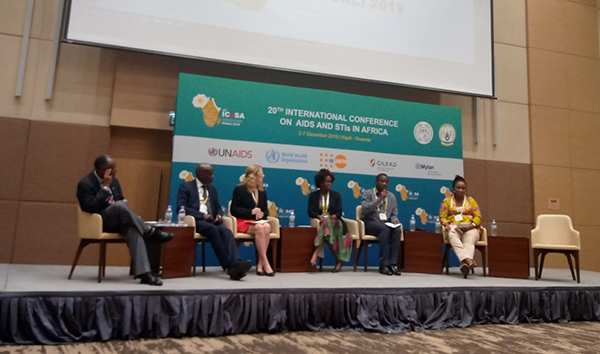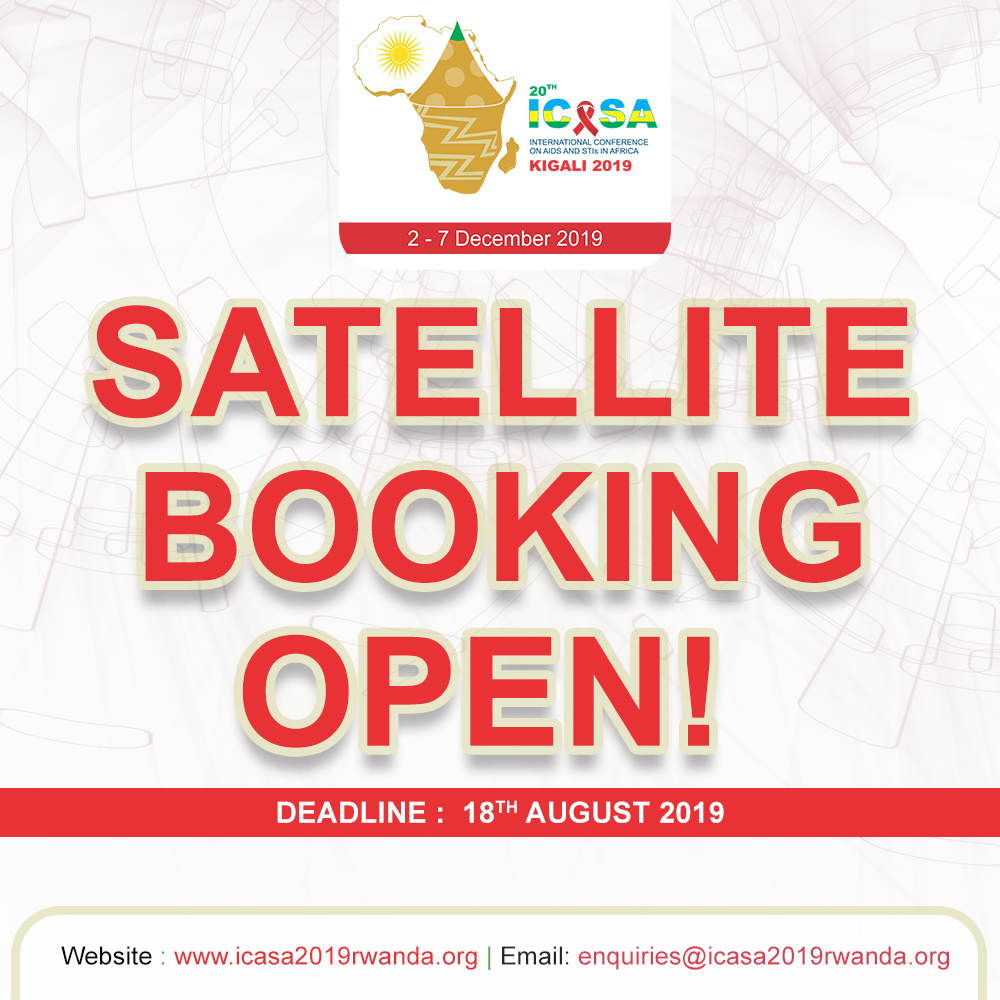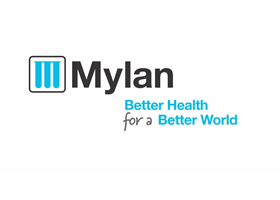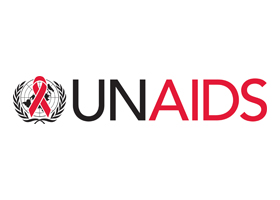Time: 8.30 - 10.30
Room: MH4
Reporter: MBABAZI JEANNETTE AND GASENGAYIRE ALIANE
The session was hosted by Jeanne Gapiya. The session speakers were Dr Meg Doherty (HIV Treatment and Care Coordinator, World Health Organisation), Pascale Ondoa (Director of Science and New Initiatives, African Society for Laboratory), Rosa Mahlasera (Community of African Youth Advisors), country representatives (Matsitso Mohoanyane and Emily Gondwe Gama).
The key message from the panel discuss was that women in particular require additional care, including care for the prevention and management of cervical cancer, prompt diagnosis of HIV, diagnosis of cervical cancer in women who live with HIV, and support for early infant diagnosis. Other care needs include prompt diagnosis and management of co-infections and virological monitoring.
There are technologies that can facilitate innovative services of woman. Technologies can be effectively deployed to facilitate access of mother and children to HIV testing and care services. The use of point of care diagnostics provide promises to improve maternal health outcomes particularly in HIV epidemic regions. Overcoming challenges associated with accessibility, availability and utility of point of care diagnostics for populations at high-risk for HIV infection should be prioritized. To ensure the successful deployment of new diagnostics to address the unmet needs of patients in resource-limited settings, evidence based interventions to overcome challenges to their use need to be identified and implemented alongside the deployment of the diagnostics.


